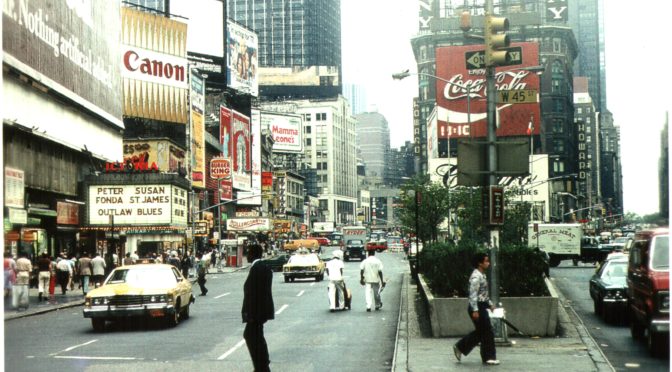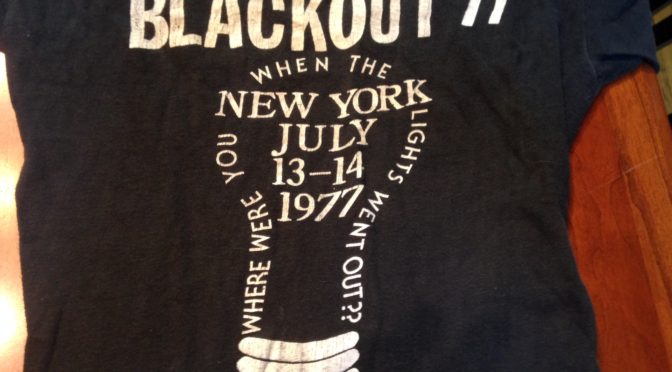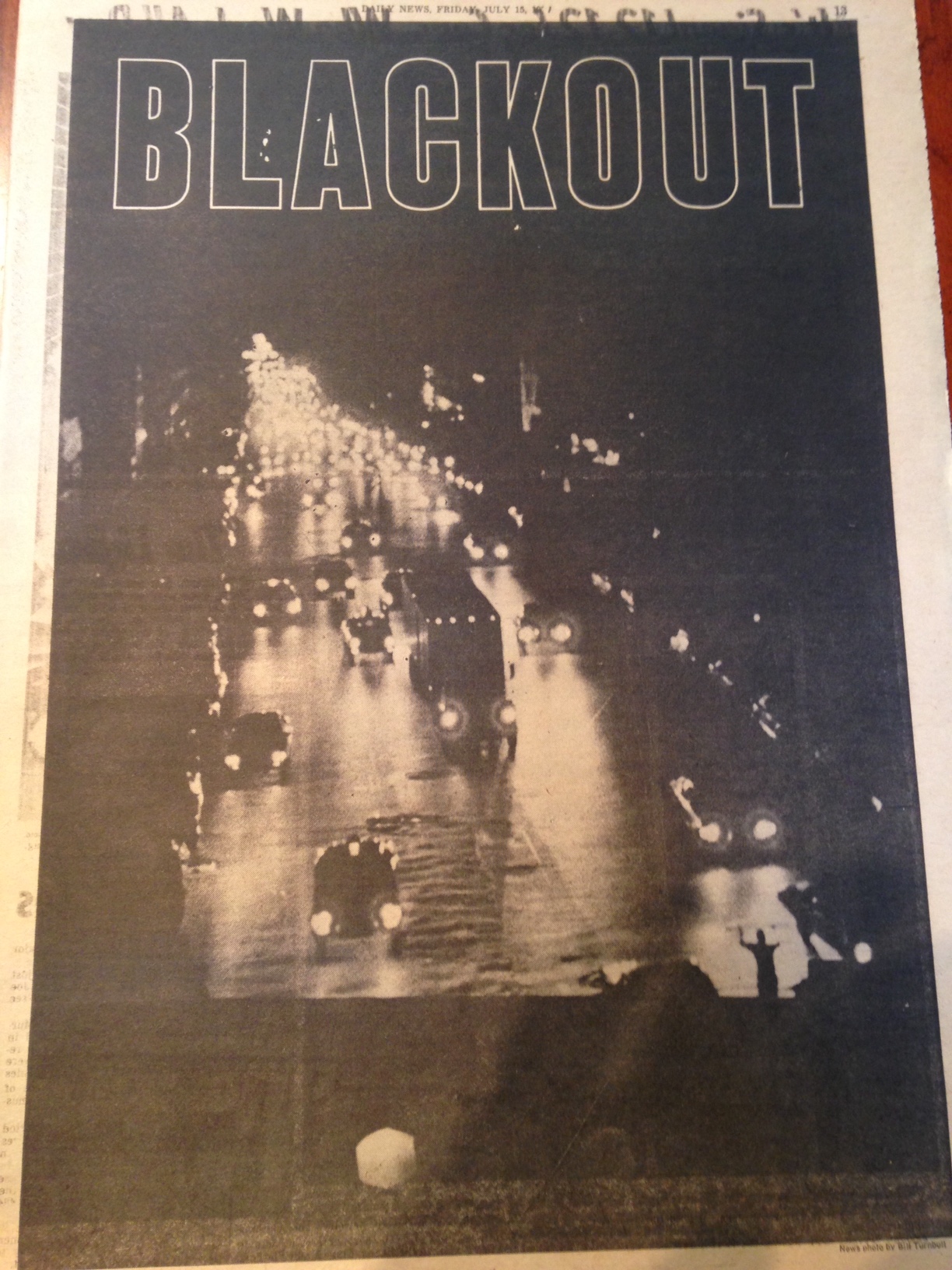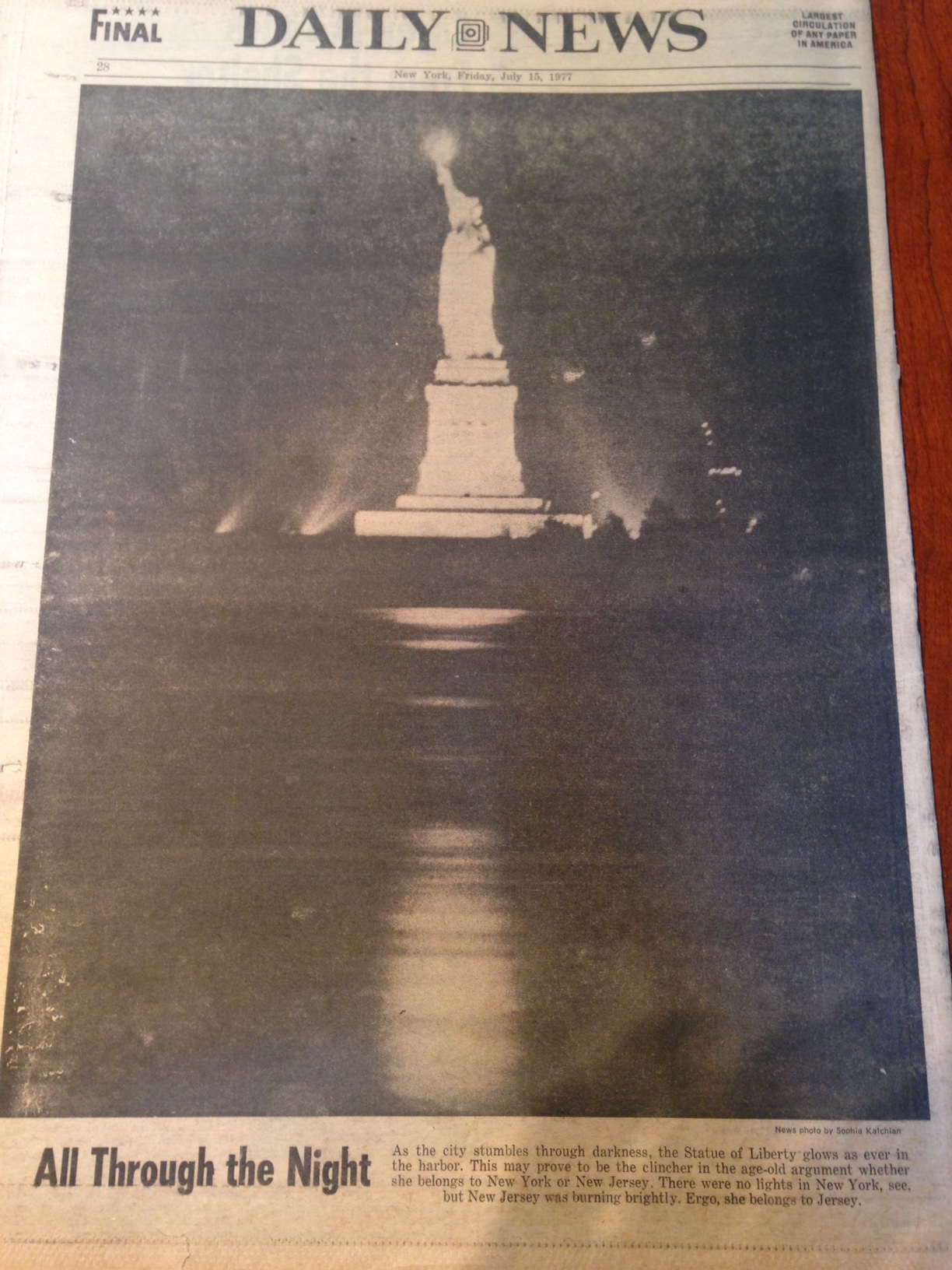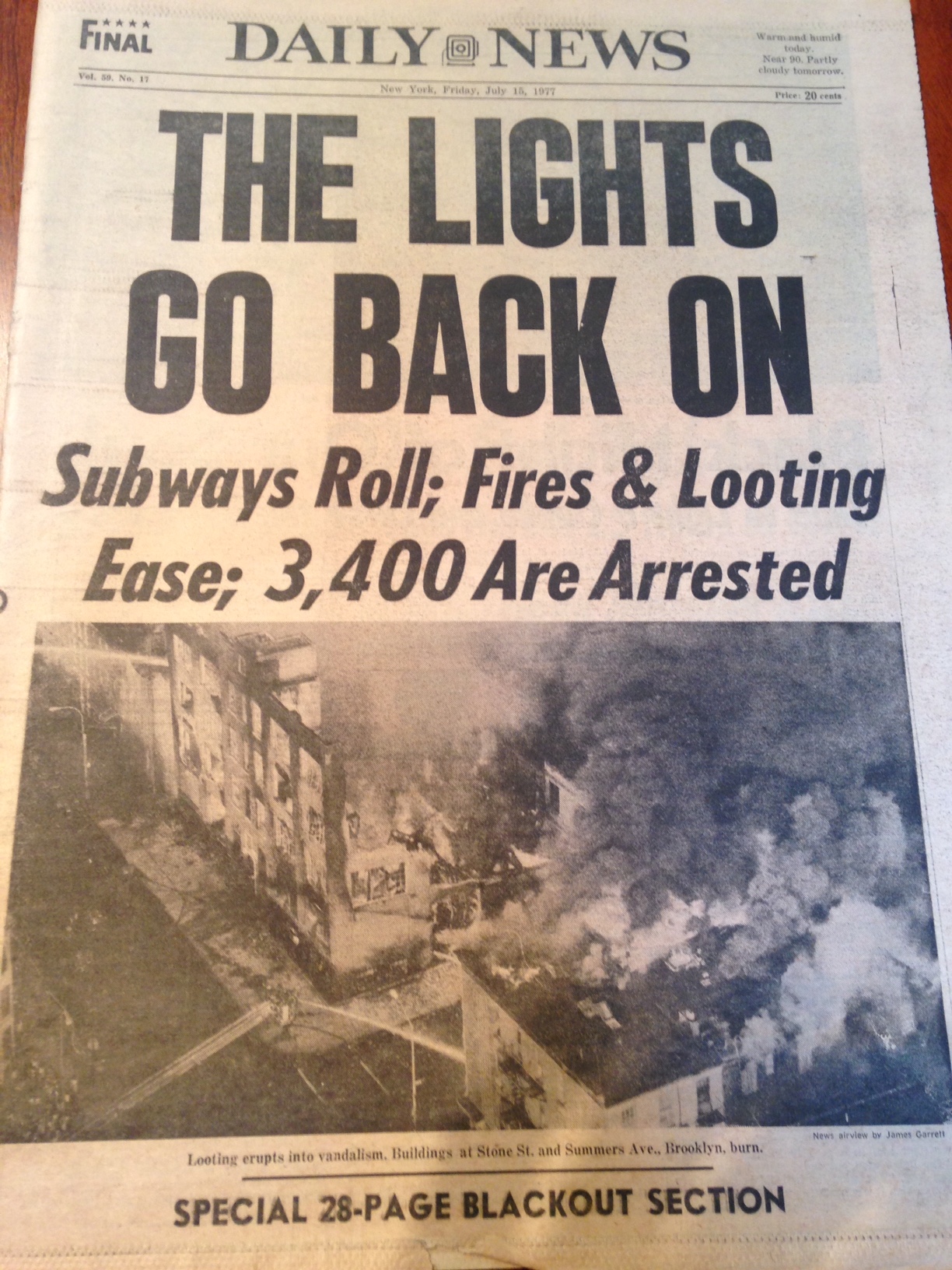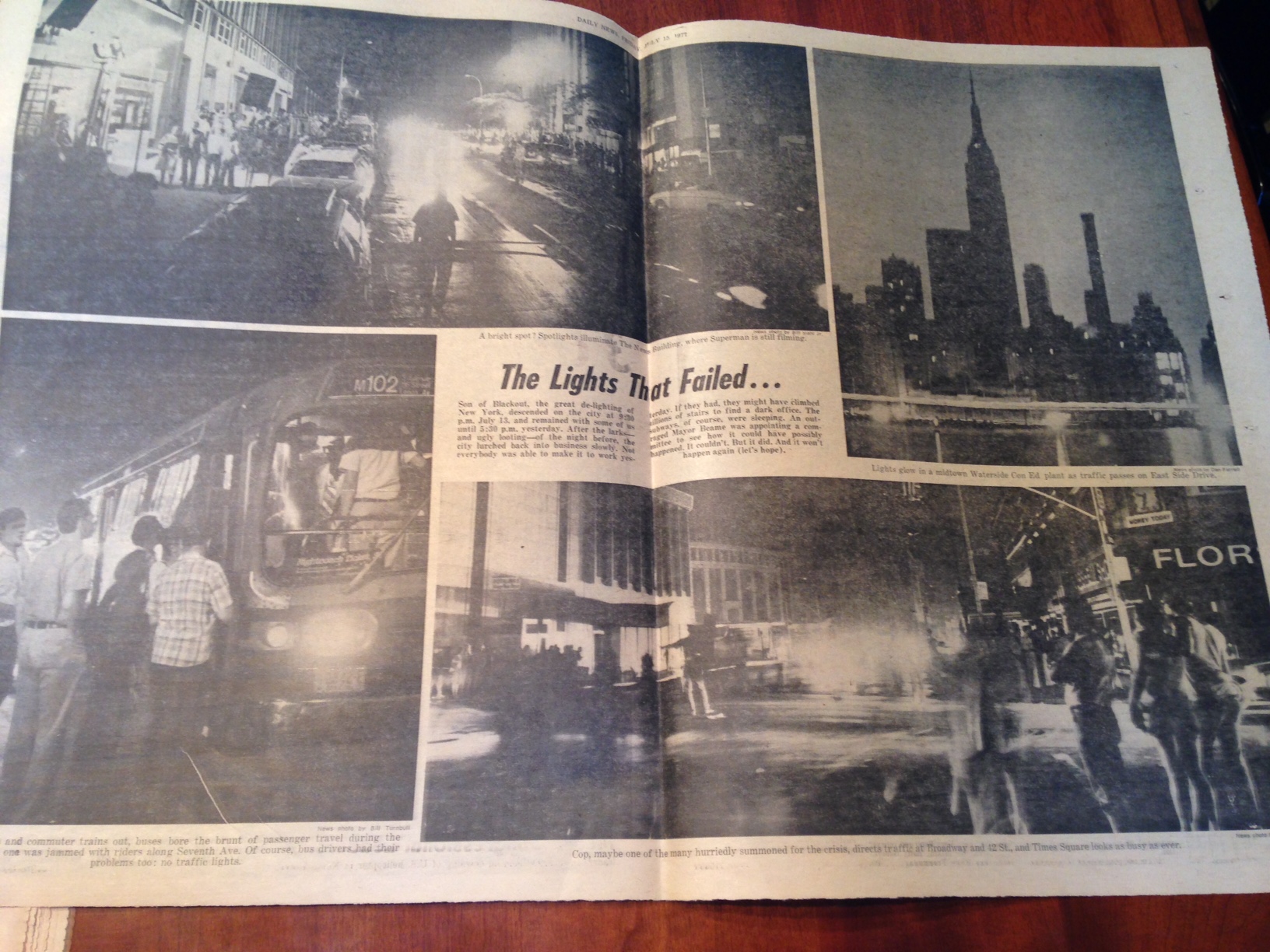In the summer of 1977, I had a paper route delivering The Daily News in the Bronx to almost 100 customers, many of them older.
One of them was Mr. Norton, a tough-talking grizzled New Yorker who frequently sent me to the deli to get him a six-pack of beer.
He was a shut-in and an avid reader of The News, so when the papers started to pile up outside his door, I grew alarmed.
It took a while, but I finally got the attention of the security service that patrolled our buildings and was there when the officers broke into his apartment.
In what was an appalling lack of discretion, the officers asked me – a 12-year-old — to come inside and identify his dead body.
Mr. Norton was on his back on the floor, his face a frozen grimace.
I remember it distinctly to this day.
That was one of several events that summer that yanked me from my protected cocoon of school and home and forced me to confront the realities of death, violence and the ugly side of human nature.
Up to that time my exposure to death was fleeting. I had lost a grandmother and a grandfather, neither of whom I knew very well.
But that summer taught me that death could be immediate and unpredictable.
It saw the continuation of the reign of terror of the Son of Sam, a serial killer who used a .44-caliber handgun over a year to kill six and wound seven.
I was too young to date or drive (he targeted young couples in cars) but the idea that some madman was killing people at random was hard to comprehend.
Even more disturbing was a young couple on my paper route who had a toddler son. Outwardly nothing seemed amiss but one day the husband apparently snapped and killed his wife, their son and himself with a large knife.
The brutality shocked me but I was even more upset by the disconnect between how I perceived him and the reality of what must have been going on behind closed doors.
And then there was the citywide blackout of July 13–14, 1977.
Plenty of neighbors helped each other and people banded together during the crisis but that kind of altruism was eclipsed by arson and looting that felt like something out of an apocalyptic movie.
Though my neighborhood was spared the worst of that property damage, I recall feeling disappointed and confused that people could act that way.
Coming of age – when you cross from childhood into young adulthood and your worldview is reshaped – conjures up movies such as “The Breakfast Club” (1985) or “Stand By Me” (1986).
But my coming of age did not happen in after-school detention or with a bunch of buddies on a trek to see a dead body.
Real life – not Hollywood – burst my insulated bubble that summer 40 years ago.
My Pollyannaish ways became a thing of the past.

